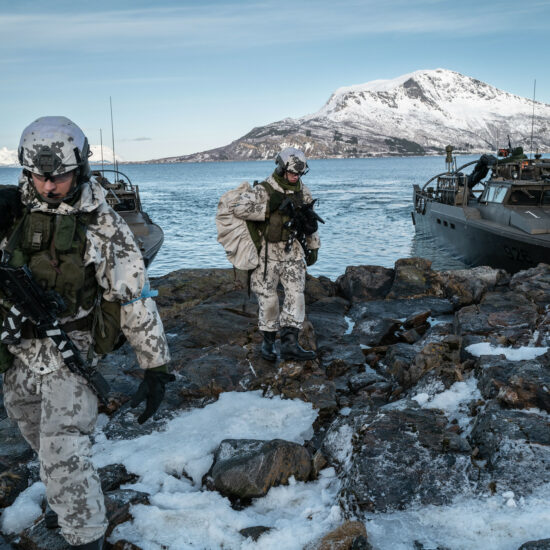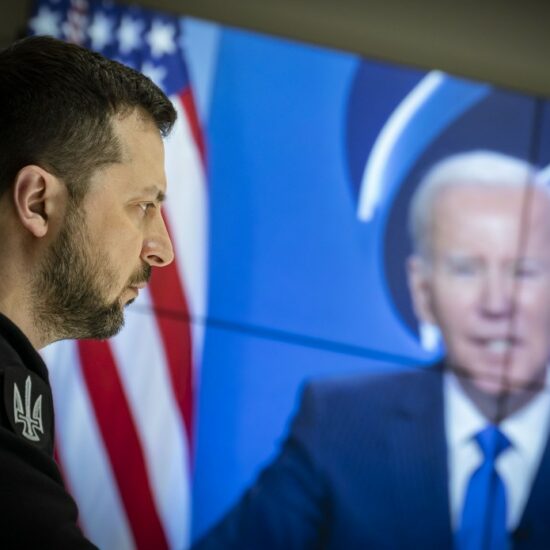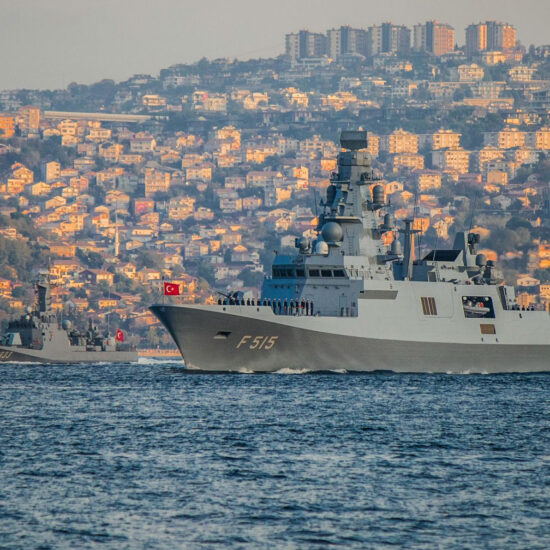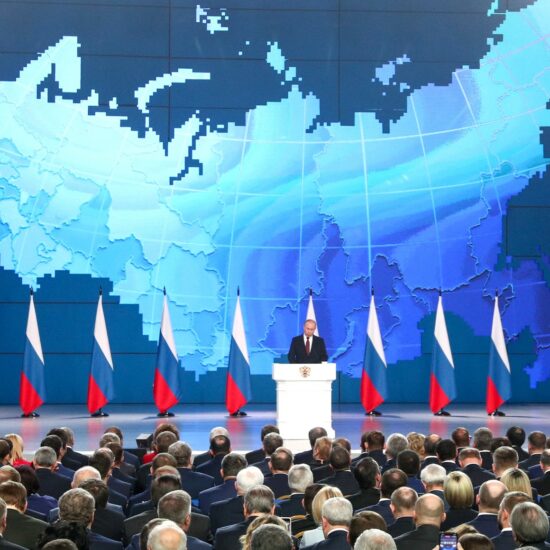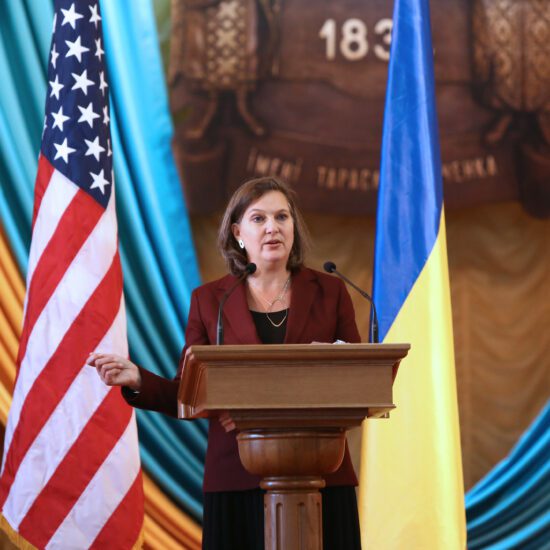
On February 10, the Institute for Peace and Diplomacy (IPD) will host ‘Privacy and Passenger Biometrics: New Developments and Perspectives’ in collaboration with InterVISTAS. The virtual panel will be held at 11:00 am ET and can be watched live on Zoom. Registration is required through this page.
The application of biometric data systems and facial recognition technologies in airport environments have brought to light fundamental policy issues around the protection of personal air traveller data as well as digital profiles and identities. Currently, there are no universally accepted global standards for the protection of the personal privacy of air travellers, including the collection, use, storage, sharing, and destruction of biometric data. The opportunities created by biometric technologies to provide contactless and seamless air passenger journeys worldwide have become even more relevant in the context of the COVID-19 outbreak—especially considering that global pandemics could erupt again in the future.
International law and national policies on the use of facial recognition and other forms of biometric data remain in a state of flux: neither are keeping pace with the evolving technology and its applications. The successful application of biometrics in an airport environment will likely be determined by the promotion of a global consensus on the appropriate balance between protecting an individual’s personal privacy, while embracing the efficiencies that biometric technologies can bring. This webinar brings together a distinguished panel of global experts to discuss the opportunities, challenges, and obstacles to the use of facial recognition in air passenger travel. The panel will also address the topic of digital identity and privacy approaches in biometrics.
Registration is mandatory to attend. Reserve your spot for free, here.

Register here.
Panelists:
John P. Wagner
Former Deputy Executive Assistant Commissioner (Office of Field Operations), U.S. Customs and Border Protection (CBP)
John P. Wagner served the US Customs and Border Protection for nearly 29 years, as well as its predecessor agency, the U.S. Customs Service. He began his Federal law enforcement career in 1991, as a Customs Inspector, and has worked at the New York/New Jersey seaport and the land border port of Laredo, TX, before being assigned to Headquarters in Washington, D.C.
Mr. Wagner has worked on a wide variety of Homeland Security operational and policy issues. He became a recognized government leader in international border management and application of biometrics. He has developed many security and facilitation programs for international travel, such as Global Entry and Automated Passport Control, and most recently, he designed and launched the vision for token-less and touch-less travel by leveraging facial recognition technology. Mr. Wagner successfully reengineered and automated many government programs.
Mr. Wagner has testified over two dozen times before Congress in the Senate and House of Representatives on a variety of topics involving national security, use of biometrics, privacy, managing commercial trade and travel, and international border management. An experienced member of the Senior Executive Service for nearly a decade, and career, uniformed federal law enforcement officer for over 28 years, he retired as the Deputy Executive Assistant Commissioner for the Office of Field Operations in July 2020.
A native of Long Island, NY, Mr. Wagner graduated from the State University of New York at Albany, with a Bachelor of Arts degree in Psychology. Mr. Wagner is a graduate of the Senior Executive Fellows course at the JFK School of Government at Harvard University, and was twice honored as a finalist for a Service to America’s medal in 2015, and again in 2019.
Ellen McClain
Former Deputy Assistant Secretary, U.S. Department of Homeland Security (DHS);
Vice President, InterVISTAS Consulting Inc.
Ms. McClain is Vice President for InterVISTAS Consulting Inc., having joined the company in 2019 after completing a three-year term as a Special Assistant and rehired annuitant with U.S. Customs and Border Protection. Recently, she served as President of Executive Women in Government, a non-profit organized to prepare, promote, and support women for senior leadership positions in the U.S. federal government and the military through networking, shared knowledge and experience, and mentoring.
Prior to retiring in 2015, she served the Department of Homeland Security as Deputy Assistant Secretary (Transborder Security) from 2012-2015 and as Assistant General Counsel (Enforcement) from 2003-2012. Ms. McClain was the Deputy Associate Chief Counsel (Enforcement) for the U.S. Customs Service from 1985-2002, and Deputy Assistant General Counsel (Enforcement) at the Department of Treasury. During her career, she received several awards from both the Secretary of Homeland Security and the Commissioner of Customs. She received the General Counsel’s Extraordinary Achievement in National Security or Homeland Security Law in 2008 and was nominated in 2003 for the Federal Bar Association’s Transportation Attorney of the Year for her contributions to setting up the Department of Homeland Security. Ms. McClain holds degrees from Duke University, Vermont Law School, and Georgetown University Law Center.
Isabelle Lelieur
Partner, Cabinet Chevrier Avocats, Paris
Isabelle Lelieur is recognized as a leading lawyer in the airport and aviation industry for over 20 years. She is now a partner lawyer (Paris Bar) with Chevrier Avocats, a Paris-based law firm specialized in aviation. Isabelle represents airport operators, airlines, aircraft lessors/lessees, international institutions, regulators, and service providers in the aviation industry worldwide. She works primarily on contractual issues, as well as on regulatory, competition and liability issues, data protection (GDPR) and aviation policy.
She previously headed the legal department of VINCI Airports (a world-leading airport operator) for 10 years, managing all legal aspects on airport projects globally. Prior to VINCI Airports, Isabelle was in a senior role as the head of the legal department of the French Airport Association. She has also held positions with the European Commission and with Air France’s international affairs department. Since 2017, she is also a Senior Associate Business Law & Policy for Aviation Strategies International, as well as an expert for the Russian Institute of Air and Space Law, AEROHELP. She is a member of the French Society of Air and Space Law (SFDAS) and of the European Air Law Association (EALA).
Isabelle has an undergraduate law degree from Toulouse Law University and a Master’s degree from the Air Transport Training and Research Institute (IFURTA) of Aix-Marseille University. She also holds a graduate degree (LL.M.) from the Institute of Air and Space Law (IASL), McGill University, Montreal. She is admitted to Paris Bar. Since 2019, Isabelle is AMPAP-accredited (the Global ACI-ICAO Airport Management Professional Accreditation Programme).
Jacqueline Lu
Co-Founder, Helpful Places
Jacqueline Lu helps organizations build new systems that use technology and data. At Helpful Places, she is building a coalition to implement and improve Digital Trust in Places and Routines (DTPR), an open-source communication standard for digital technology that enables agency for people in the real world, by advancing greater transparency and civic dialogue on the use of digital technologies (https://dtpr.helpfulplaces.com).
Jacqueline is also Data Lead at Mozilla Foundation, where she is building a data strategy that will glean insights and measure progress on Mozilla’s theory of change for trustworthy AI. Previously, she was Director of Digital Integration at Sidewalk Labs where she led incorporating innovation objectives, technology policy and data ethics into the company’s approach to urban development projects. She served as the inaugural Director of Data Analytics at NYC Parks, where she founded the agency’s data science team and open data program, sparking the agency’s shift to data-informed operations.
Moderator:
Paul Clark
Vice President, InterVISTAS Consulting Inc.
Paul has more than 30 years of experience in strategic planning processes and facilitation services, specializing in air travel market development, economic development and tourism development. He is an expert in group facilitation, including Board, senior management and stakeholder sessions, and large town-hall forums with communities. He works with airport, aviation and tourism clients to deliver master plans, strategic plans and business plans that incorporate extensive stakeholder engagement and collaboration initiatives.
When not involved in guiding airport and tourism groups on strategy, Paul delivers solutions in airport passenger experience and tourism destination management. He has provided strategic advisory services in five continents for airport management teams, tourism organizations, governments and communities.
In addition to his consulting experience, Paul directed a number of Tourism British Columbia’s worldwide marketing initiatives for the 2010 Winter Olympic and Paralympic Games, and has held senior positions in strategic planning, marketing and market research for Tourism Whistler, Forbes Travel, and Vancouver Airport Authority. Paul has both a Master’s and a Bachelor of Science (Hons) degree in Geography.





